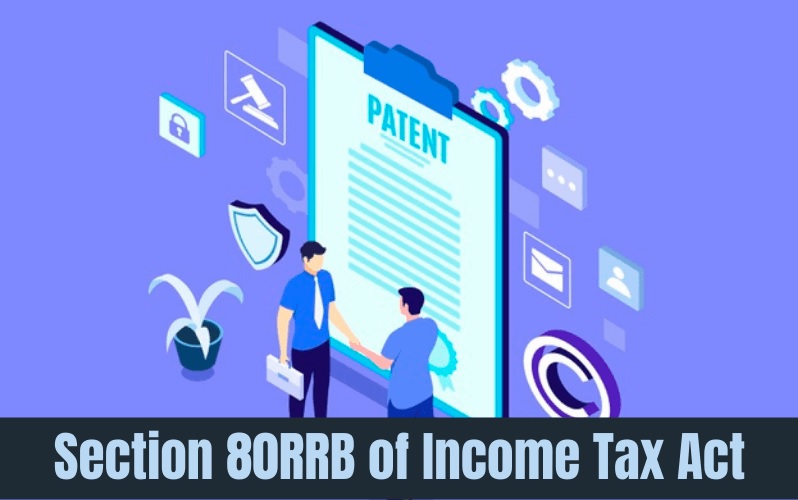To reduce the tax burden on senior citizens of our country, the Indian Government introduced a new Section 80TTB during the 2018 budget. Read further to understand the available provisions and how it benefits senior citizens.
As we grow old, our health deteriorates naturally, and we become vulnerable to various illnesses. With limited income sources, payment of income tax for senior citizens can be an additional burden. Keeping in mind the well-being of our senior citizens and to keep off their financial obligation to some extent, Section 80TTB was added to the income tax act in the year 2018.
Section 80TTB
As per the provisions under section 80TTB, a taxpayer who is a senior citizen can claim a maximum deduction of ₹50,000 from their gross income in a given financial year. The taxpayer must be at least 60 years of age and a resident Indian to avail of these benefits.
The entire interest income up to ₹50,000 can be claimed fully, or only ₹50,000 can be claimed as a deduction if it exceeds this limit.
For example, suppose a senior citizen is earning ₹5,000 from savings account interest, ₹1,50,000 as interest from fixed deposits and ₹20,000 from other sources. The total gross income of the individual stands here at Rs.1,75,000. The total income from interest is ₹1,55,000, a maximum of ₹50,000 will be deducted under Section 80TTB. Hence, the total taxable income of the individual will be 1,75,000 – 50,000 = ₹1,25,000.
Eligible Deposits
Any interest income earned on deposits with the following entities is eligible for consideration under section 80TTB:
- Banks that fall under the Banking Regulations Act and those referred to in section 51.
- Co-operative banks and societies involved in the banking business.
- Post Offices.
Hence, the interest earned from the saving accounts, fixed deposits, recurring deposits, and other schemes of post offices such as senior citizen savings schemes, post office monthly income schemes, etc., are eligible for deduction.
Any interest received from corporate FDs, bonds, or debentures will not be considered for
deduction under section 80TTB.
Points to Remember
- Section 80TTA allows everyone to claim a maximum deduction of ₹10,000 on interest income earned in a financial year. After introducing section 80TTB, the senior citizens are no longer allowed to claim any deduction under section 80TTA since they can now claim a higher amount (₹50,000) under 80TTB.
- The deduction under 80TTB is available only to senior citizens who are residents. Hence, NRIs are not covered under this section.
A Boon for the Senior Taxpayers
To make the most of the provisions available under section 80TTB, senior citizens can maximize their investments in the eligible deposits to avail the maximum deduction of ₹50,000. Since these deductions are over and above the deductions available under 80C, it can help senior citizens to significantly lower their taxable income.






